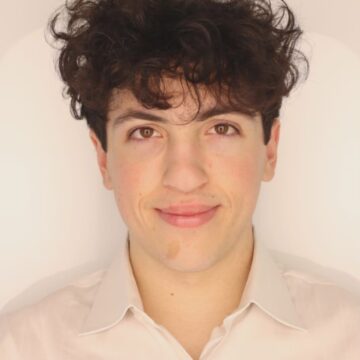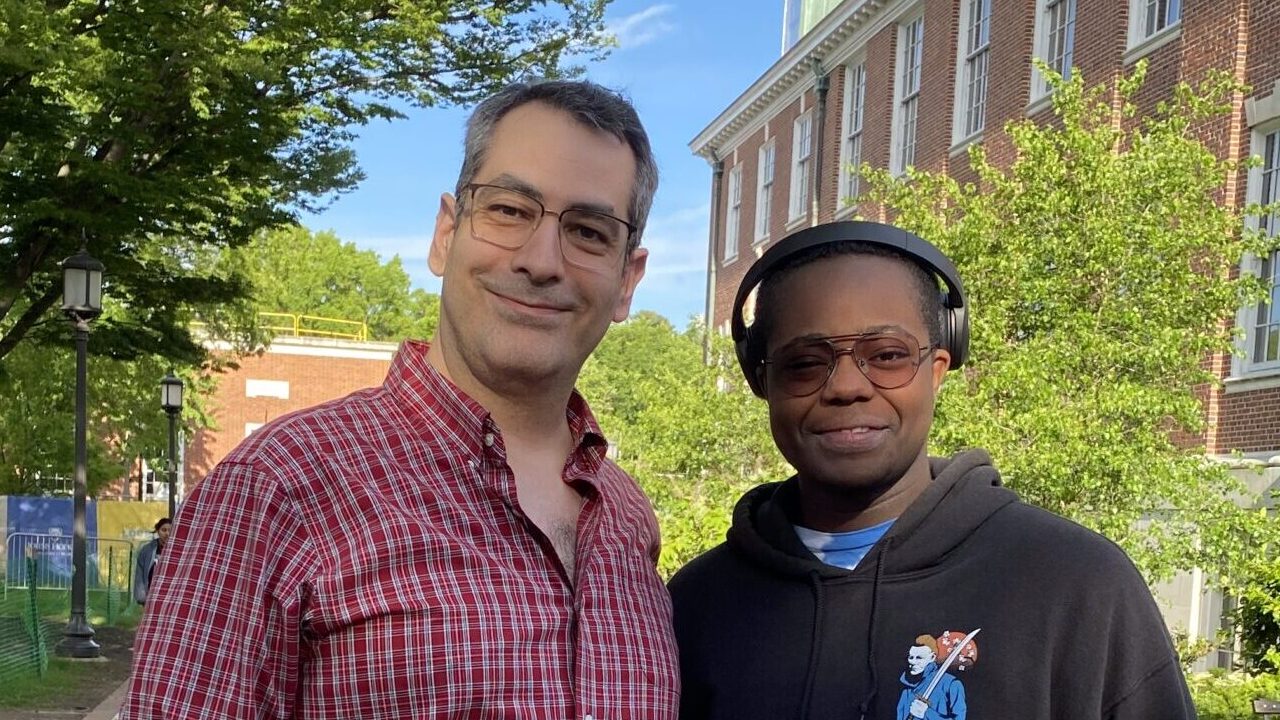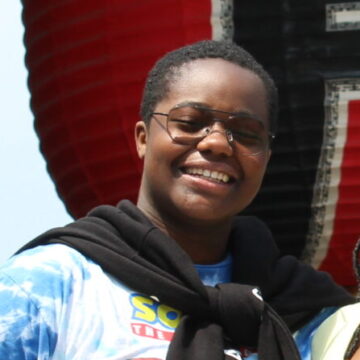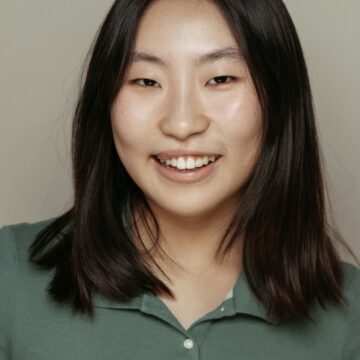
Advising is a huge theme of being an undergraduate at Hopkins. Even before arriving on campus in the fall of your first year, you’re assigned an academic advisor who’s there to answer questions about registration, credit requirements, and the like. At the end of my first year, I declared writing seminars as one of my majors and was immediately assigned to my first faculty advisor.
Often one thinks of college advisors as the stereotypical professor who is far too busy to entertain the whims of their students—at least, this was my expectation going into my first meeting with Professor McGarry. I couldn’t have been more wrong. Professor McGarry insisted I call her Jean, and she was curious about the questions I had regarding the writing seminars department and my life in general. She wanted to know what writing I was working on and what my plans were beyond school—her intention was clearly to get to know me as a person and not just a student-shaped box on her advising checklist.
Jean and I set up monthly meetings where she could check in with me on how my classes were going, and I could share my most recent writing with her. She asked me to send whatever I had to her in advance so she could read it before we met and give me detailed feedback on what she thought was working well and how she thought I could improve. I had never expected such guidance and support from my advising relationship, and it truly warmed my heart knowing I had someone who was on my side. Even now that I’m a junior and have gained more of a footing here at Hopkins, we continue our monthly meetings.
In my sophomore year, I became interested in the idea of pursuing an extended, novel-length project. I went to Jean to ask what she thought about the idea. She knew I was very interested in young adult fiction, so she directed me to Anna Celenza, a writing seminars professor and published children’s book author. After speaking with Anna about my idea, we established that an independent study would work well for both of us—this way I could pursue my idea of working on completing a novel with supervision from a faculty member, and she could test-run her idea for a class on children’s literature. Not only did I get three full credits for this venture and one-on-one guidance on my own writing from a renowned author, but I also loved feeling like I was assisting Anna in some way and she hadn’t accepted my proposition out of obligation. In fact, she was excited I had come to her and we were able to work out a mutually beneficial agreement.
It was during this same semester, the fall of my sophomore year, when I discovered a new academic trajectory. Up until this point I had planned to complete a double major in French. I took a class called Dante Visits the Afterlife with Arielle Saber, a new professor in the Department of Modern Languages and Literatures. The energy she brought to the classroom and her passion for Dante spread to all her students, including me. I became inspired to learn Italian, and eventually changed my second major from French to romance languages with a focus in French and Italian. Later on, when I became interested in translation, Professor Saber helped me to find an Italian short story I could work on as an extended translation project. She offered consistent consultation throughout the entire process, and now that it’s finished, she is even assisting me in connecting with publishers.
In my experience, advising has gone far beyond the scope of simply the faculty who are assigned to you. There are many charitable members of the Hopkins community who use their resources to support up-and-coming professionals; I feel so grateful to have built long-standing relationships I know will provide an invaluable stepping zone on my journey through college and beyond.





